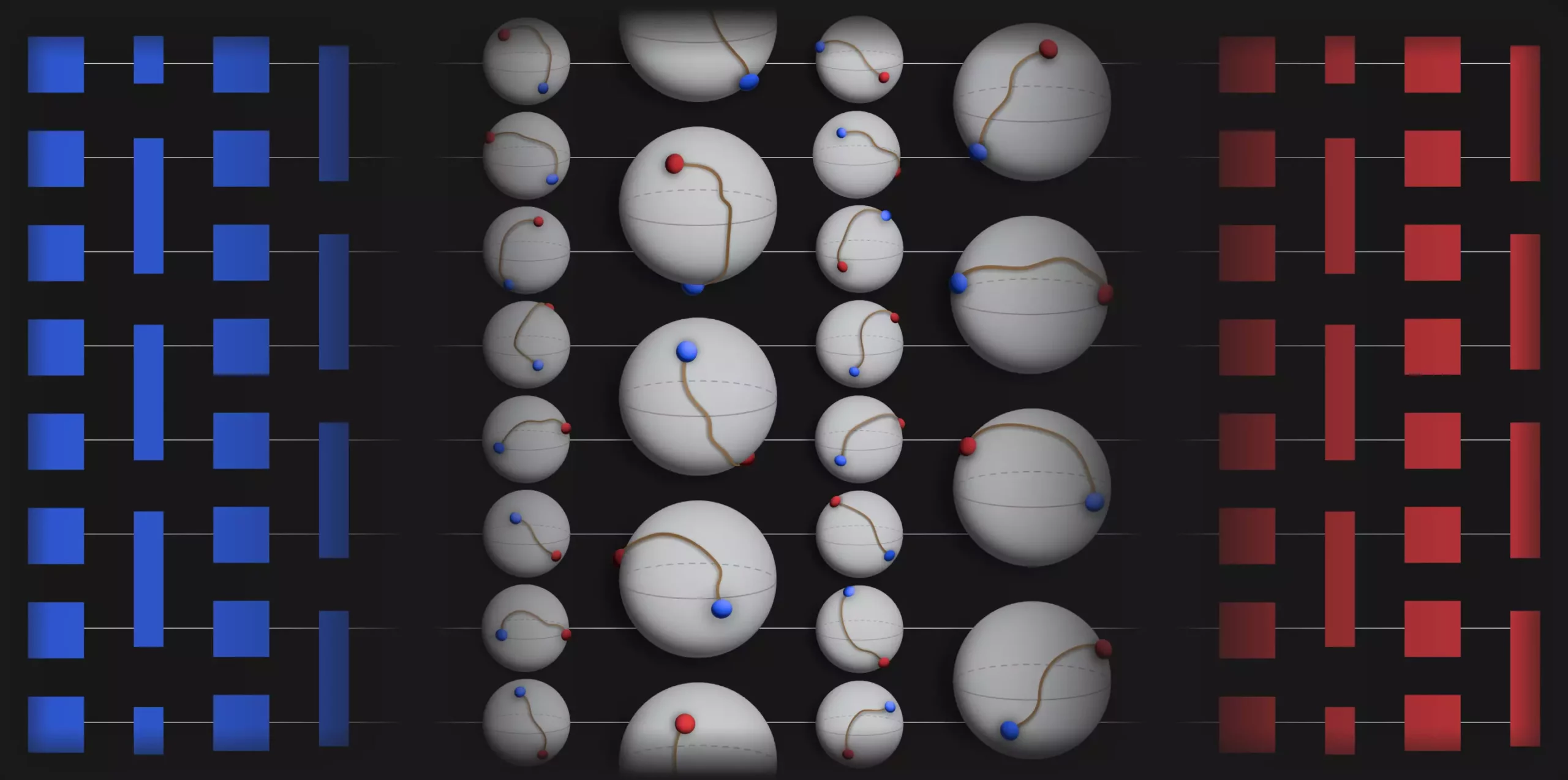Quantum computers, the cutting-edge technology that utilizes quantum mechanical phenomena for performing computational tasks, have the potential to surpass classical computers in complex problem-solving and optimization. While some quantum computers have demonstrated impressive results, their superiority over classical computers still lacks consistent and conclusive evidence. Recently, Ramis Movassagh, a researcher at Google Quantum AI and formerly at IBM Quantum, conducted a theoretical study aiming to mathematically prove the significant advantages of quantum computers. In his groundbreaking paper published in Nature Physics, Movassagh mathematically demonstrates that simulating random quantum circuits and estimating their outputs is exceptionally challenging for classical computers. This newfound understanding sheds light on the enormous potential of quantum computers and their ability to revolutionize the field of computation.
The central question in the realm of quantum computation is whether quantum computers are exponentially more powerful than classical computers. This inquiry is encapsulated in the Quantum Supremacy conjecture, which Movassagh and his team have renamed as the Quantum Primacy conjecture. However, establishing a rigorous mathematical proof for this conjecture has remained a longstanding open problem in the field. Researchers have been working diligently to demonstrate the advantage of quantum computers over classical ones through both theoretical and experimental studies. Crucially, a mathematical breakthrough would require proving the difficulty of classical computers achieving results comparable to quantum computers with high precision and minimal margin of error.
In 2018, during a lecture at MIT, Movassagh’s colleague presented a recent result that attempted to provide evidence of the complexity of random circuit sampling (RCS), a key task for demonstrating quantum primacy. RCS involves sampling from the output of a random quantum circuit, and it had been proposed by Google as a leading candidate for showcasing the superiority of quantum computers. Initially disinterested in quantum complexity, Movassagh was captivated by the talk and felt compelled to find a more elegant and definitive proof for the problem at hand. This motivation spurred him to embark on an unconventional journey.
Movassagh’s mathematical proof diverged significantly from previous attempts. His breakthrough was founded on a novel set of mathematical techniques that collectively establish the equivalence of the output probabilities between an average case (random quantum circuits) and the worst-case scenario (highly contrived quantum circuits). The key technique employed was the Cayley path, which enables interpolation between arbitrary circuits, bridging the gap between the average and worst-case scenarios. Typically, worst-case problems are known to be extremely challenging (i.e., #P-hard), so by leveraging the Cayley path, Movassagh demonstrated that random circuits are as difficult as the worst-case scenario with a high probability.
Unlike previous proofs, Movassagh’s groundbreaking approach eliminated the need for approximations and indirect methods prone to introducing errors. This direct proof enabled researchers to explicitly quantify involved errors and assess the robustness of the proof. Subsequent evaluations conducted by Movassagh’s research group and other teams further tested and improved the proof’s resilience, paving the way for additional studies to enhance the proof or leverage its insights to explore the potential of quantum computers.
Movassagh’s work represents a crucial contribution to the ongoing research on quantum computers’ advantages over classical computers. In future studies, he intends to extend his current proof to showcase the immense potential of quantum computers in tackling specific problems. By bridging his work to the hardness of other computational tasks, Movassagh aims to map out the tractability of quantum systems comprehensively. Additionally, he explores the versatile applications of his work in quantum cryptography and other fields such as computation theory and coding theory. Ultimately, Movassagh aspires to prove the quantum primacy conjecture and challenge the Extended Church-Turing thesis, a critical goal in the realm of quantum complexity theory.
Ramis Movassagh’s revolutionary mathematical proof has propelled the understanding of quantum computers’ capabilities and superiority. By employing innovative techniques and avoiding approximations, Movassagh provided a direct and robust proof that quantifies the difficulties associated with simulating random quantum circuits. This breakthrough not only serves as a computational barrier for classical simulation but also contributes to various fields and opens doors for future advancements. The scientific community eagerly awaits further research that builds upon Movassagh’s work and continues to explore the immense potential of quantum computers.


Leave a Reply